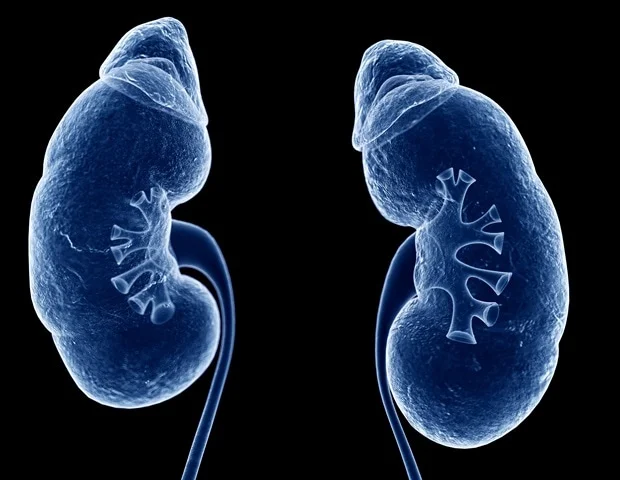
With World Diabetes Day (14th November) on the horizon, new breakthrough research from Monash University has discovered a way to slow the progression of kidney disease in people with diabetes.
Led by Associate Professor Melinda Coughlan from the Department of Diabetes, the five-year study initially discovered that a key immune system pathway - which usually protects the body from infection - was hyperactivated and caused inflammation in people with diabetic kidney disease.
The team working on the study then discovered this pathway could be disrupted with a drug (developed by Associate Professor Trent Woodruff, from the School of Biomedical Sciences at the University of Queensland) which could help to support the normal function of the mitochondria within the kidney - known as the “batteries of the cell” - which don’t work properly in people with diabetes.
According to the World Health Organization, more than 420 million people have diabetes, with 1.5 million of them dying from a diabetes-related disease each year. It’s also the leading cause of renal failure with an estimated 1 in 4 diabetic adults having had kidney disease, which can cause other health problems later in life.
Associate Professor Coughlan said their discovery could potentially lead to a therapy to delay or prevent renal failure in those suffering from diabetic kidney disease:
We’re saying this is a new link between the immune system and the mitochondria, which could also help patients with diabetic kidney disease by boosting mitochondrial health – so it could protect the kidney in patients with diabetes. Findings like this will become important for managing the health of people with diabetes. The economic burden of diabetes is huge, and this could potentially help reduce that.”
If you are interested in speaking to Associate Professor Coughlan about the new discovery or about diabetes more generally ahead of World Diabetes Day, please do let me know and we would be more than happy to set something up.
Monash University.






No comments
Post a Comment